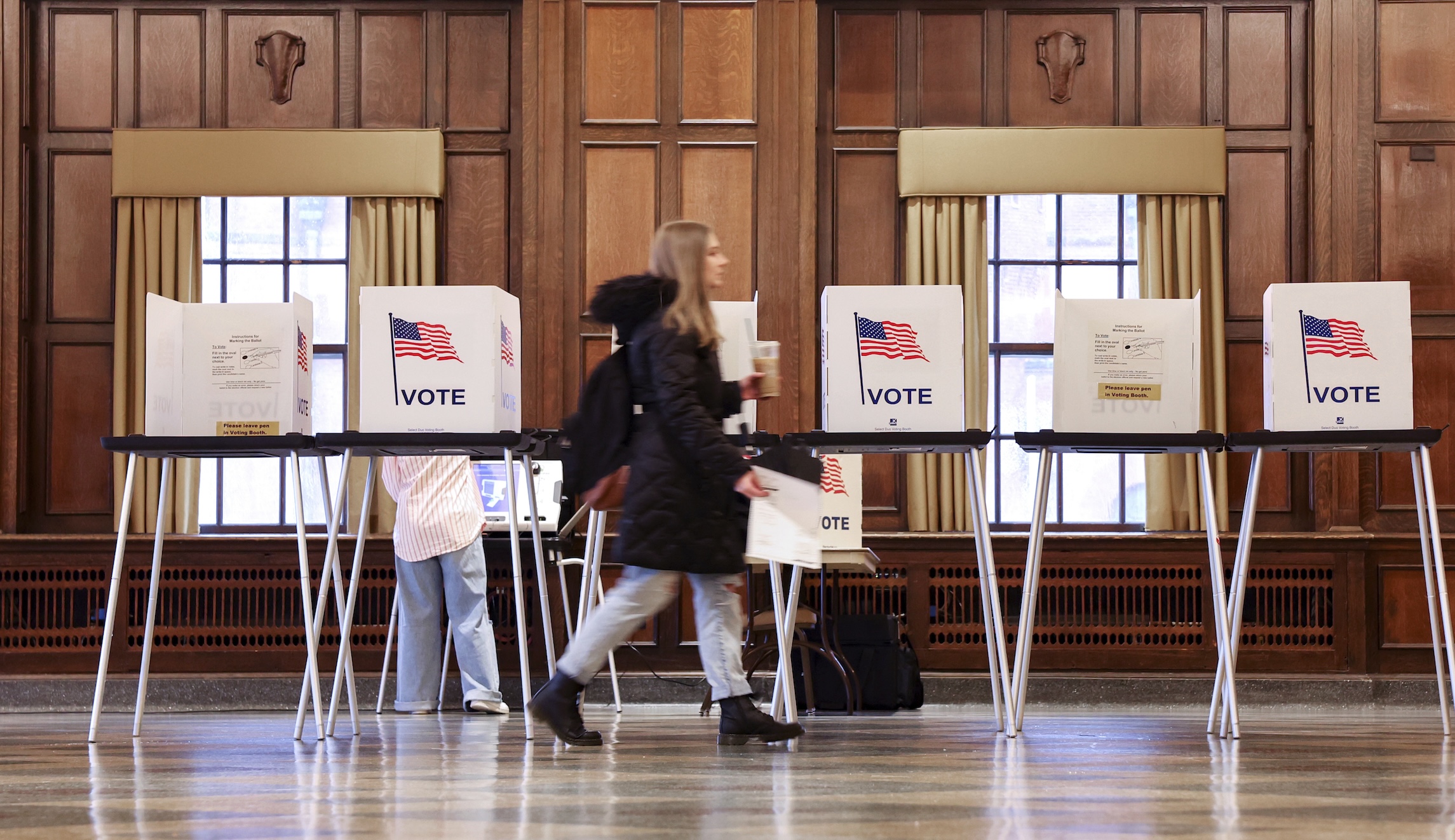

The race for control of the White House and Congress in November are slated to be hotly contested elections, and both Republicans and Democrats face different challenges in those battles.
While the presidential election between President Joe Biden and former President Donald Trump will be the marquee matchup, several other races will be affected by key factors that could be make or break for both parties. Here are two issues likely to play a role in the key states in November.
Abortion
With the overruling of Roe v. Wade in the Supreme Court‘s 2022 decision in Dobbs v. Jackson Women’s Health Organization, the midterm elections later that year — which had been hyped as a “red wave” — saw surprising Democratic over-performance. In states where abortion was on the ballot in 2022, including Michigan, it did not fare well for Republicans.
Looking ahead to November, several key states may have abortion measures on the ballot alongside key Republican races.
In Florida, the state Supreme Court approved a ballot measure that would enshrine abortion into the state constitution if approved by 60% of voters in November. Democrats, who have not won a Senate or presidential race in the Sunshine State since 2012, are feeling better about their odds with abortion now on the ballot. The Florida GOP does not think it will tip the scales in Florida.
“Florida voters know better and they will reject the radical agenda being pushed by FL Dems this November,” Florida Republican Party chairman Evan Power said in a statement earlier this month.
In several other states, including Montana, Arizona, and Nevada, where Democrats are hoping to keep Senate seats within their caucus, abortion measures may be on the ballot — but still have some steps to go.
In Arizona, the state Supreme Court upheld a strict ban, which outlaws the practice unless the mother faces immediate life-threatening conditions. The law, which dates back to 1864, has caused bipartisan backlash in the state, with Democrats and some Republicans arguing it is too restrictive.
With abortion becoming a hot-button issue in the Grand Canyon State, a critical state for Trump’s electoral chances, the GOP’s odds at flipping the Senate could be in jeopardy.
Democratic National Committee chairman Jaime Harrison outlined the stakes Democrats hope to convey for the November election.
“The stakes are clear: Reproductive freedom is on the ballot in November, and Joe Biden and Kamala Harris are the only candidates who will fight to codify Roe and stand up for women’s right to make their own health care decisions,” Harrison said in a statement after the Arizona Supreme Court ruling.
Trump has attempted to neutralize the abortion issue for his race, by arguing it is a state’s decision and calling for little action either way at the federal level. He did slam the 1864 Arizona law as being too far and called on lawmakers in the state to “act immediately” on a “common sense” solution.
Voter registration advantage
While Republicans may have abortion as a weakness going into November, Democrats are facing a numbers problem in some key states – voter registration.
Data from Pew Research shows that in the past four years, Democrats have lost a decisive edge it held over Republicans with registered voters. In 2020, 51% of registered voters identified or leaned Democrat compared to only 46% who said they identified or leaned Republican, but data from Pew now suggest Democrats only have a 49%-48% advantage over the GOP.
In Florida, where Democrats are hoping to make a play with abortion on the ballot, the GOP has overtaken Democrats in terms of voter registration since the last presidential election.
At this time in 2020, Democrats had a 97,215 voter registration advantage over Republicans. The Florida GOP currently has a registration of 892,034 voters compared to Florida Democrats, as of state data from the end of March.
CLICK HERE TO READ MORE FROM THE WASHINGTON EXAMINER
In the critical swing state of Pennsylvania, Republicans have narrowed the gap with Democrats since the 2020 election as Democratic registration numbers have fallen in the succeeding years.
Republicans trailed Democrats in terms of registered voters by 685,818 voters in November 2020, but now the GOP only trails by 397,241 voters, according to the latest data from the state.







